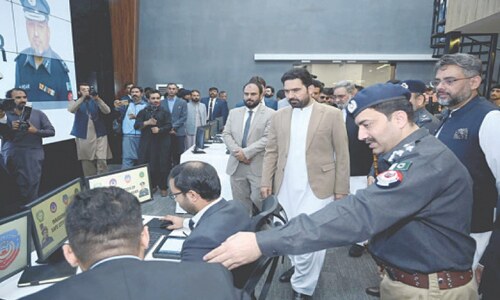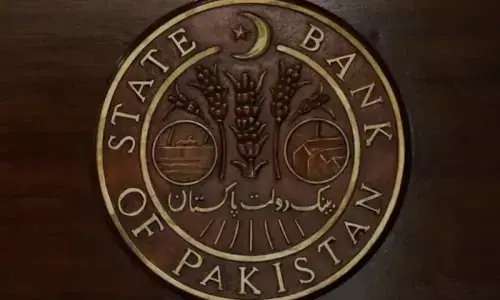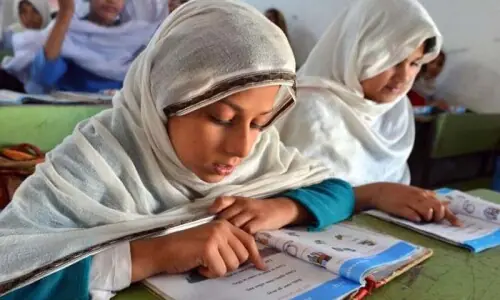In a recent judgment the Supreme Court issued several directives to the Election Commission of Pakistan in connection with electoral reforms. Deciding a constitutional petition filed by Workers Party Pakistan, a three-member bench, headed by Chief Justice Iftikhar Mohammad Chaudhry, pronounced an order on June 8. Some of the court’s directives are related to making voting compulsory for the electorate and improving the “first past the post” system of election in which a candidate receiving maximum votes in a constituency is declared elected even if the number of votes is less than majority of votes cast.
The court pointed out that in 2008 elections the members of the assemblies were elected on the basis of ‘first past the post’ and as such most of them could not claim to be true representatives of people of their respective constituencies, as they did not secure over 50 per cent of the votes polled. The bench observed that in case of National Assembly (NA), of the 268 contested seats the winners in 108 seats secured below 50 per cent of polled votes. Thus, over 40 per cent of the NA seats lacked majority representation.
“The Election Commission (EC) may explore ways and means to introduce appropriate system of election including ‘run-off election’ to ensure true representation of the people and rule of the majority,” the apex court had ruled.
The voters’ turnout in some of the NA constituencies in Khyber Pakhtunkhwa in 2008 general elections was as low as 6 per cent of the total registered votes in a constituency.
According to the EC record, in nine of 35 NA constituencies the total votes polled were less than 30 per cent of registered voters there. These constituencies include: NA-1 Peshawar-I, polled votes were 22.98 per cent of the registered voters; NA-2 Peshawar-II, 24.86 per cent of registered voters; NA-14 Kohat votes polled were 28.43 per cent of registered voters; NA-23 Kohistan, votes polled were 17.77 per cent of registered voters; NA-28 Buner, votes polled were 27.18 per cent of registered voters; NA-29 Swat-I, votes polled were 18.18 per cent of registered voters; NA-30 Swat II, votes polled were 17.9 per cent of registered voters; NA-31 Shangla, votes polled were 26.63 per cent of registered voters; and NA-33 Upper Dir, votes polled were 26.86 per cent of registered voters.
The results of elected MNAs in four constituencies of Peshawar were: Ghulam Bilour in NA-1 received 11.42 per cent of registered votes and 49.69 per cent of total votes polled; Arbab Alamgir in NA-2 got 10.93 per cent of registered votes and 43.99 per cent of the votes cast; Noor Alam Khan in NA-3 received 10.30 per cent of registered votes and 28.92 per cent of votes cast; and Arbab Zahir in NA-4 received 8.58 per cent of total votes and 30.18 per cent of votes cast.
Results in some other low voting constituencies are: Pir Dilawar Shah received 8.58 per cent of registered votes and 30.18 per cent of votes cast in NA-14 Kohat; Mehboobullah Khan in NA-23 Kohistan received only 4.4 per cent of registered votes and 24.96 of votes cast; Abdul Matin (who later on expired) received 7.5 per cent of total votes and 27.6 per cent of votes cast in NA-28 Buner; Muzafarul Mulk in NA-29 Swat got 4.82 per cent of total registered votes and 26.52 per cent of votes polled; and Syed Allauddin got 5.96 per cent of the registered votes and 26.52 per cent of the votes cast.
The above statistics shows that both the national and provincial assemblies are devoid of true representation of the voters.
Lack of awareness of importance of vote, lack of trust in people contesting polls and the tradition of disenfranchising women are some of the factors affecting the voter turnout in polls.
The Supreme Court has ruled that in order to make the electoral system democratic the only remedy lied in adoption of re-polling (run-off) in those electoral constituencies where there is no clear winner who has secured at least or over 50% of the votes polled. In fresh polling between the two leading candidates anybody who secures majority votes should be declared successful.
The bench directed: “The Election Commission is obliged to ensure that all elections witness a substantial participation of the electorate, therefore, all necessary steps must be taken to make voting compulsory in Pakistan as early as possible.”
While the court deliberated upon several aspects of electoral system, the bench had not issued directives to the EC concerning the issue of barring women from casting votes in several constituencies. Prior to next elections, it would be appropriate for the commission to take steps in this regard.

































